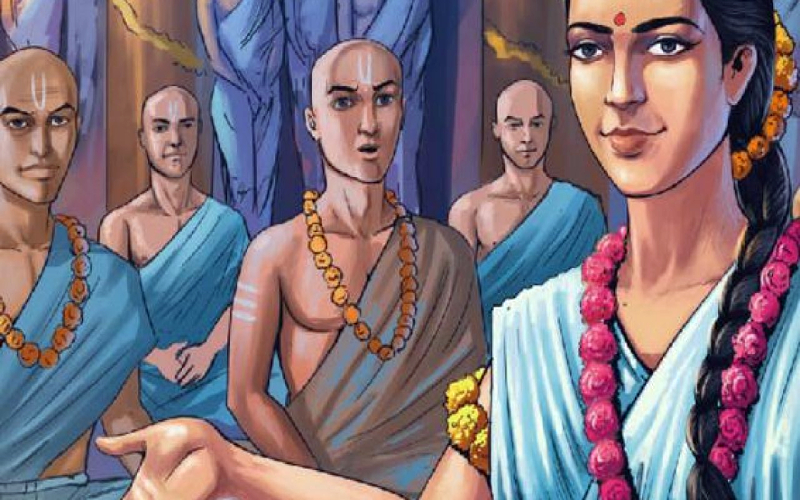
Gargi Vachaknavi (born around c. 700 BCE), daughter of Rishi Vachaknu was an ancient Indian philosopher and one of the nine gems in the court of Mithila’s king, Janaka. She was known as Gargi because she came in the lineage of Rishi Garga. Her last name comes from her father Vachaknu. In Vedic literature, Gargi is honored as a great natural philosopher and an expounder of the Vedas. She was also referred to as a ‘Brahmavadini’ (One who understood the Brahman and could talk about it). She remained unmarried and spent all her life in the quest of the Brahman. Gargi composed several hymns in Rigveda that questioned the origin of all existence. Yoga Yajnavalkya, a classical text on Yoga is a dialogue between Gargi and Sage Yajnavalkya. The Brihadarayaka Upanishad gives a detailed account of this dialogue.
Janaka, the King of Mithila was a great scholar and was very much interested in philosophical debates. He would organize conferences at frequent intervals and thus create opportunities for the learned ones to exhibit and exchange their deep knowledge.
Once Janaka performed an elaborate yajna (sacrifice). A lot of sages and scholars were present. Gargi also attended the yajna. King Janaka was quite impressed by the vast assembly of scholars. After the yajna, he announced–– “O Wise scholars! I wish to gift a thousand cows with their horns tied with gold coins to the one, who is acknowledged as the best philosopher among you. The one, who is confident, can come forward and claim the gift. However, he should be able to convince the others that he deserves this gift.”
For some time, there was absolute silence. Then Yajnavalkya, the court philosopher stood up, called one of his disciples and asked him to drive the cows to his ashram. Those who were sitting quietly till then, not having the confidence to claim the gift, started to object.
“How can you claim that you are the best?”
Yajnavalkya said, “I am not saying I am the best. The cows will be useful to me. The students in my ashram need the cows’ milk. However, if any of you wish to examine me, please go ahead. Ask your questions.”
A few of them asked him profound questions about the Brahman and Yajnyavalkya gave them convincing replies. When all kept quiet, Gargi Vachaknavi, the only woman philosopher in the whole group of scholarly men, stood up and asked Yajnyavalkya a few questions.
(The conversation between Gargi and Yajnyavalkya fills us with amazement with its depth and utter honesty. That a woman could question the scholar of Yajnyavalkya’s caliber and that he answered her with so much clarity and patience, are rare to find even in these days of feminine equality. A small part of the conversation is given below.)
Gargi: “Maharshi Yajnyavalkya! It is believed that Brahmacharyam is absolutely essential for realizing the Self. You are twice married. (Yajnyavalkya had two wives – Katyayini and Maitreyi) Don’t you think you are setting a bad precedent?”
Yajnyavalkya: Tell me, Gargi, who is a Brahmachari?
Gargi: One who is immersed in the quest of the Absolute truth. (Etymologically, the word means this. However, we generally use it to refer to a celibate.)
Yajnyavalkya: Why do you think a householder cannot seek the Absolute Truth?
Gargi: Only a person, who is free, can seek the Truth. Marriage is bondage.
Yajnyavalkya: Marriage is bondage?
Gargi: Without any doubt.
Yajnyavalkya: How?
Gargi: Maharshi! A married person has to take care of others. He is involved in many things. If he has children, the responsibilities increase. In this situation, where is the freedom to seek the Truth?
Yajnyavalkya : Does one take care of others because of love or bondage?
Gargi: Love is also a bondage, Maharshi!
Yajnyavalkya: No, Gargi! True love emancipates. When love is selfish, it becomes bondage. The problem is not with love; it is with selfishness.
Gargi: Love is always selfish, Maharshi!
Yajnyavalkya: When desire is blended with love, love turns selfish. Such a love is certainly bondage. But that love, which knows only to give and does not expect anything, can never be bondage. It emancipates.
Gargi: What you are saying is quite impressive, Maharshi! But can you give examples to prove your point?
Yajnyavalkya: Look around you, Gargi! The sun embraces the earth with his rays. When his light falls on the earth, lives are born. The earth does not expect anything from the sun. She only knows to bloom when the sunlight touches her. The sun also does not try to establish his right over the earth. He burns himself and gives life to the beings on the earth. This is selfless love. We are all born out of such selfless love. How can love be an obstacle in the path of a seeker?
Gargi was quite satisfied with this reply. Still, she had other questions regarding the true nature of things.
Gargi wanted to know what the elements such as the earth, water, fire, air and sky are made of. She demanded specific replies and Yajnyavalkya answered all her questions elaborately and convincingly. However, when Gargi wanted to know what the Brahman was made of, Yajnyavalkya asked her to stop asking questions as any further discussion would only disturb her mental balance. Surprisingly, Gargi agreed. With great satisfaction, she declared Yajnyavalkya to be the greatest ‘Brahmajnani’ (knower of the Brahman) and the whole court cheered him.
We will learn more about this great rishi in the sequel Yajnyavalkya and Maitreyi.
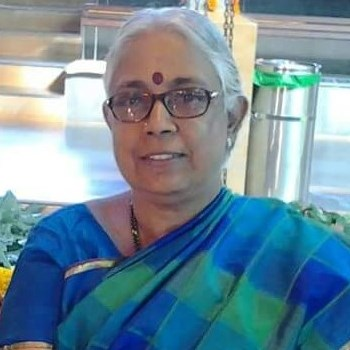
B. Ramadevi is a teacher of English and a freelance reviewer of music and dance. Being a polyglot, she gets inputs from various sources and loves to share it with interested people. She contributes articles for Verandha Club on characters from Indian scriptures and classics.
Sources:
https://en.wikipedia.org/wiki/Gargi_Vachaknavi
https://www.youtube.com/watch?v=wZ7chItUqrY
https://www.jagran.com/blogs/rajanidurgesh
NEXT ARTICLE
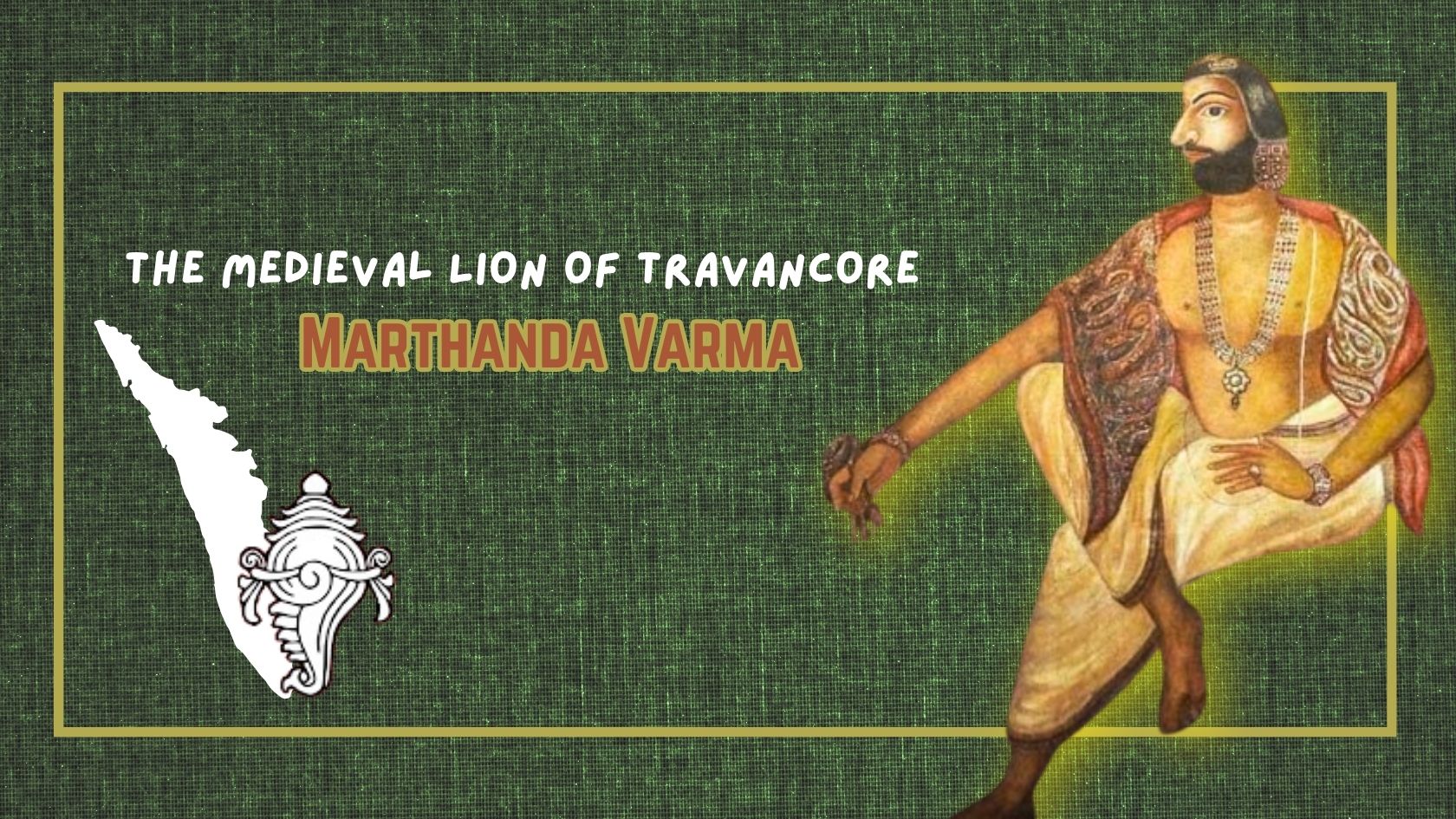
Shri Ramachandra Prasad's captivating narrative and the hot chai that was served at the right time transported me to ancient Kerala, where the extraor...
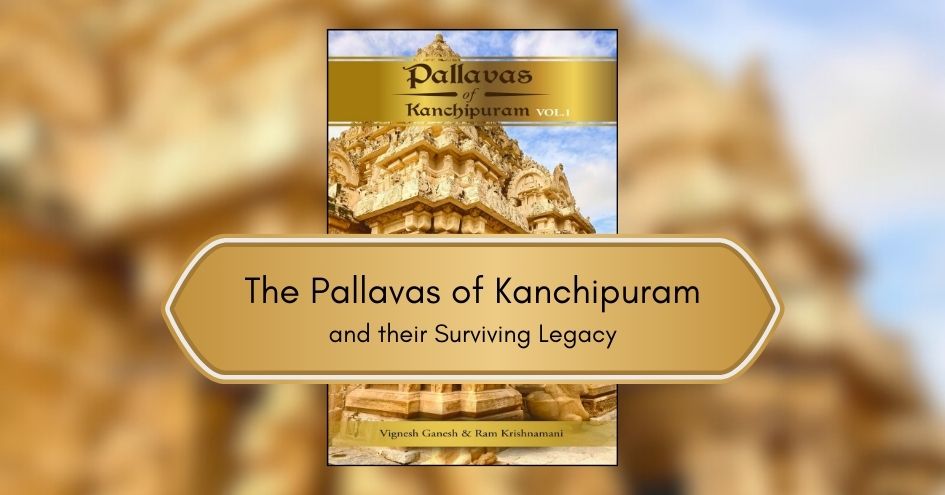
Introduction In Bharatvarsha, History is not the account narrated by victors. It is the record left behind by survivors. The study of Indian History...
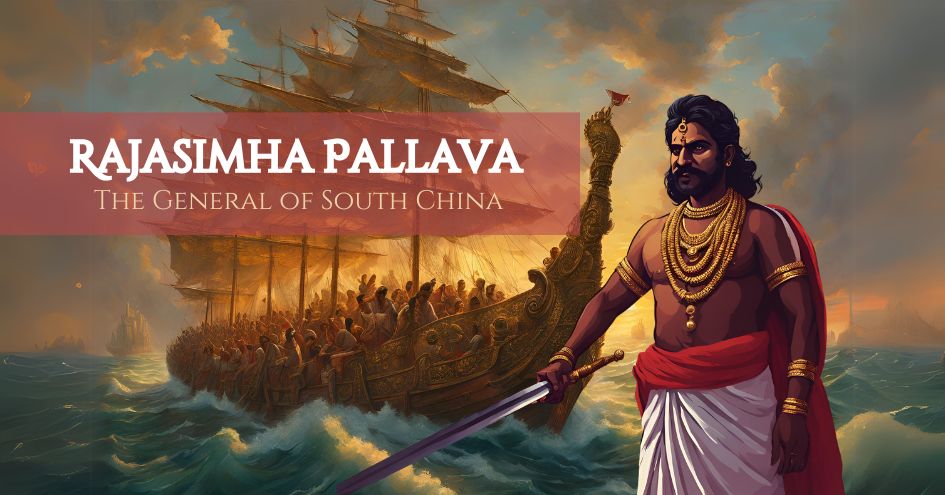
It is the first-half of the 8th Century C.E. in South India. The Pallava kingdom possesses strength and prosperity with some of the greatest monument...